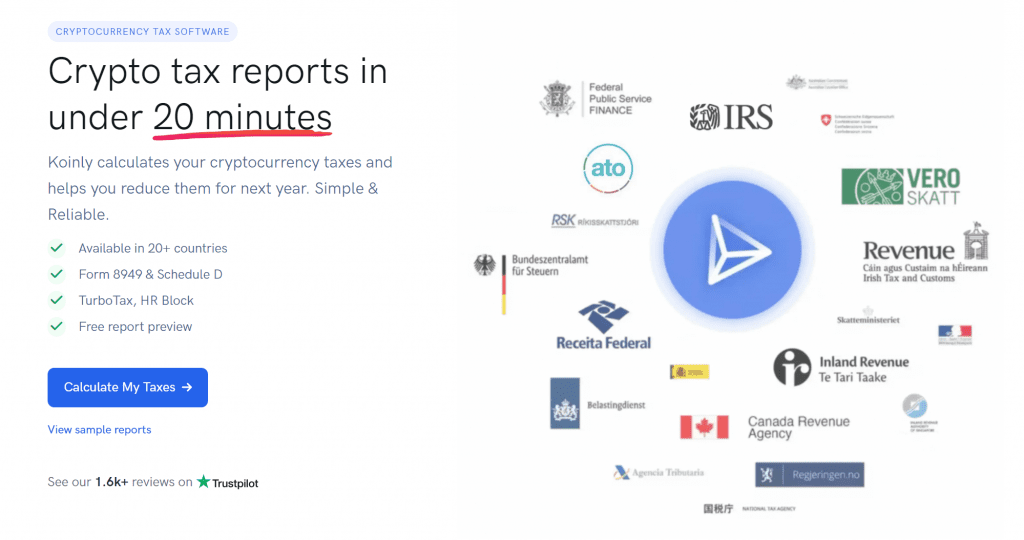Understanding the Basics of Financial Management
Understanding the basics of financial management is crucial for individuals and businesses alike. It involves various aspects such as financial planning, budgeting, setting financial goals, effective money management, maintaining financial control, utilising financial modelling techniques, and enhancing overall financial literacy.
Disclosure: If you click on my affiliate/advertiser’s links, I am going to receive a tiny commission. AND… Most of the time, you will receive an offer of some kind. It’ s a Win/Win!

Photo by Towfiqu barbhuiya on Unsplash
Financial management encompasses the strategic allocation and control of resources to achieve long-term objectives. By mastering these fundamental principles, individuals and organisations can make informed decisions to secure their financial future and drive sustainable growth. Understanding the basics of financial management is indeed vital for individuals and businesses.
By mastering these fundamental principles, individuals and organisations can make informed decisions to secure their financial future and drive sustainable growth.
Key Principles of Business Financial Management
In the world of corporate finance, understanding the key principles of business financial management is paramount for sustainable growth and success. Financial analysis, cash flow management, risk assessment, and strategic financial decision-making are integral components that shape the financial health of an organisation.
By adhering to sound financial management principles and strategies, businesses can navigate challenges effectively and seize opportunities with confidence. Employing proven financial management techniques enables organisations to enhance profitability, mitigate risks, and drive long-term value creation.
Effective risk management practices play a pivotal role in safeguarding a company’s financial well-being. By integrating robust risk assessment methodologies into their operations, businesses can proactively identify potential threats and implement mitigation measures to protect their bottom line.
In essence, mastering the key principles of business financial management empowers organisations to make informed decisions, optimise resource allocation, and achieve sustainable growth in today’s dynamic business landscape.
The four Cs of financial management
Financial planning is a crucial aspect of any businesses success. To ensure effective financial management, one must consider the four C’s: context, collaboration, continuity, and communication.
Context plays a vital role in understanding the current financial situation and setting realistic goals for the future. Collaboration involves working with financial advisors or team members to make informed decisions and implement strategies effectively.
Continuity ensures that financial plans are sustainable in the long term, adapting to changing circumstances and goals. Communication is key in conveying financial information clearly and transparently to all stakeholders involved.
By incorporating these four Cs into financial management practices, businesses can navigate challenges and achieve their desired financial outcomes with confidence.
Business Finance: Essential Tools and Techniques for Optimal Financial Performance
In business finance, the utilization of fintech solutions and financial software tools has become imperative for optimal financial performance. From online banking services to digital payment systems, these tools play a crucial role in streamlining financial operations and enhancing efficiency.
Businesses can leverage various financial analysis tools to gain insights into their financial health and make informed decisions. Effective cash flow management techniques and business budgeting strategies are essential for maintaining stability and sustainability in the competitive market landscape.
Also, conducting thorough financial performance analysis using advanced tools can provide valuable data for strategic planning and growth initiatives. Embracing these essential tools and techniques is paramount for businesses aiming to achieve optimal financial performance in today’s dynamic economic environment.
Free accounting software for small businesses. Click HERE
Strategies for Long-Term Financial Stability and Growth
In the pursuit of long-term financial stability and growth, businesses can employ a range of strategies to secure their financial future. Wealth accumulation strategies, such as consistent saving and investment in diverse asset classes, play a crucial role in building a robust financial foundation.
Effective asset allocation techniques help businesses optimize their investment portfolios to balance risk and return according to their financial goals and risk tolerance. Additionally, strategic tax planning strategies can help minimize tax liabilities and enhance overall wealth accumulation over time.

Photo by micheile henderson on Unsplash
Comprehensive financial planning, including budgeting and setting clear financial goals, is essential for achieving long-term stability and growth. By implementing these strategies thoughtfully and consistently, businesses can work towards securing their financial success for the future.
Top tips to improve your financial management
In order to enhance your financial management skills, it is crucial to implement a clear business plan that outlines your financial goals and strategies. Monitoring your financial position regularly allows you to make informed decisions and adjustments as needed.
Ensuring clients pay on time is essential for maintaining a healthy cash flow. Understanding your operating costs helps in budgeting effectively and identifying areas for cost-saving measures. Keeping accounting records up-to-date provides accurate insights into your financial health.
Meeting tax deadlines avoids penalties and ensures compliance with regulations. Controlling overheads and becoming more efficient can lead to increased profitability. Managing stock levels optimally prevents excess inventory costs.
Lastly, securing the right funding sources is vital for sustainable growth and expansion of your business operations. By following these top tips, you can strengthen your financial management practices and drive success in your ventures.
BONUS:
Comprehensive Budgeting Checklist For Your Personal Finances
- 1. **Income Assessment:** Calculate your monthly income from all sources.
- 2. **Expense Tracking:** List all fixed and variable expenses, including bills, groceries, and discretionary spending.
- 3. **Emergency Fund:** Allocate a portion of your budget to build and maintain an emergency fund.
- 4. **Debt Repayment:** Prioritize paying off high-interest debts to save money in the long run.
- 5. **Savings Goals:** Define short-term and long-term savings goals, such as holiday trips or retirement.
- 6. **Budget Categories:** Categorise expenses to identify areas where you can cut or optimize spending.
- 7. **Budgeting Tools:** Utilise apps or software to streamline the budgeting process.
- 8. **Review Regularly:** Periodically review and adjust your budget to adapt to changing circumstances.
- 9. **Investment Planning:** Consider investing to grow wealth over time.
- 10. **Insurance Coverage:** Assess and update your insurance coverage to protect against unforeseen events.
- 11. **Entertainment Allowance:** Set aside funds for leisure activities to maintain a healthy work-life balance.
- 12. **Future Planning:** Anticipate upcoming expenses, such as home repairs or education costs.
- 13. **Negotiate Bills:** Negotiate with service providers to potentially lower bills.
- 14. **Financial Education:** Continuously educate yourself on personal finance to make informed decisions.
- 15. **Tax Planning:** Understand tax implications and take advantage of available deductions.
Remember, adapt this checklist to your specific circumstances for effective budgeting.
Conclusion: Empower Yourself with Sound Financial Management Practices for a Secure Future
In summary, it is clear that possessing robust financial management skills is crucial in attaining your objectives and ensuring a secure future. By refining your competencies in financial decision-making, you enable yourself to proficiently navigate the intricacies of personal and professional finances with assurance and foresight.
Remember, sound financial management practices not only pave the way for achieving short-term objectives but also lay a solid foundation for long-term financial security. By prioritising prudent financial strategies and embracing a proactive approach towards managing your resources, you can steer towards a future that is financially stable and prosperous.

- Turn AI Anxiety into Competitive Advantage: How to Future-Proof Your Workforce for the AI Revolution
- Unlock Profit: Calculate Customer Lifetime Value & Maximize Growth
- Creating a Customer Persona: A Step-by-Step Guide On How To Do It
- Unleashing the Power of Digital Signage: The Best Software to Transform Your Business
- How Businesses Can Use Freelance Platforms & Expert Networks to Scale Smarter








